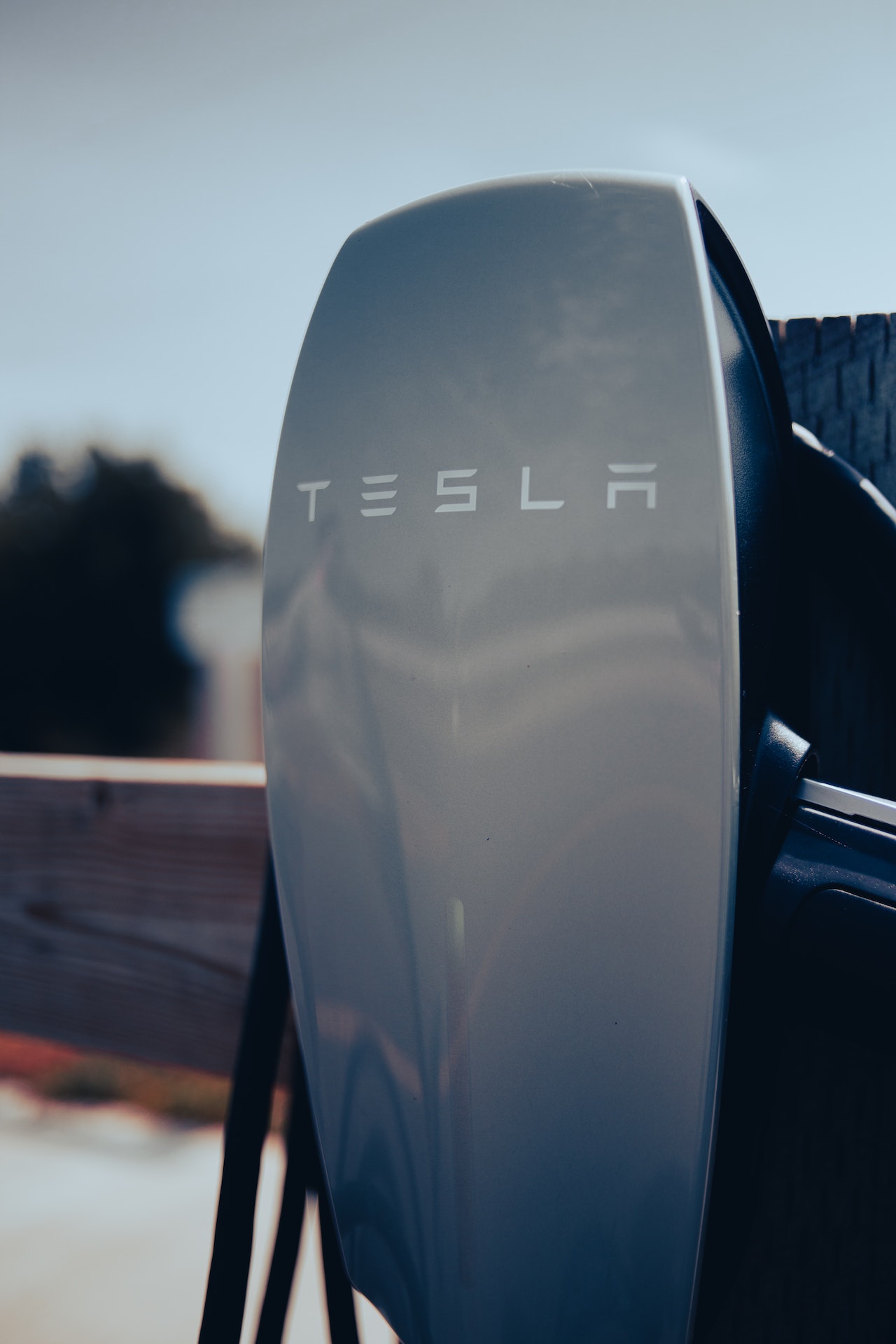Tesla (TSLA) witnessed a dip in its stock value on Monday, prompted by the automaker’s decision to once again slash prices in China. This move served as a potential indicator of diminishing demand for its electric vehicles (EVs) within the Chinese market. The reduction in prices, reported by Reuters, saw Tesla lowering the cost of its Model Y Long Range SUV and Performance variant by 14,000 yuan ($1,934.58).
The Long Range version of the Model Y witnessed a price decrease of 4.5%, settling at 299,900 yuan ($41,435), while the Performance model experienced a 3.8% drop, bringing its price to 349,900 yuan ($48,460). These revised prices were disseminated by Tesla through its official Weibo account. Additionally, an Tesla’s announcement included a forthcoming insurance subsidy of 8,000 yuan ($1,108) for its entry-level Model 3 in China, effective from August 14 to September 30.
The reduction in prices underscores a potential erosion in demand for Tesla EVs, particularly in China, which boasts the title of the world’s largest electric vehicle market. This price-cutting strategy also raises questions about Tesla’s adherence to an agreement it previously reached with fellow automakers. The accord was designed to establish equitable competition on the mainland. The pact’s formation followed Tesla’s initiation of an intense EV price war in China, marked by significant reductions in the prices of its Model Y SUV and Model 3 sedan. The aggressive price cuts, which even prompted competitors like BYD and Xpeng to follow suit, sparked outcry among Chinese Tesla buyers, leading to protests and demands for refunds.
Despite the truce that followed, Tesla’s recent decision to reduce prices suggests a continued need to employ such tactics to stimulate sales. This urgency arises from the latest data provided by China’s Passenger Car Association (CPCA), which revealed a concerning 31.4% decline in Tesla deliveries, amounting to 64,285 units, during the month of July. This figure represents the lowest monthly delivery total for Tesla in China throughout the entire year.
Investor concerns have intensified due to the direct impact of these price cuts on Tesla’s profit margins. Following the release of second-quarter results in late July, Tesla’s stock experienced a setback attributed to gross margins falling below expectations, at 18.2%, missing the projected 18.8%. The company’s operating margin also recorded a decline, plummeting below 10% to 9.6%, nearly 5% lower than the previous year. Wall Street analysts anticipate a continuation of Tesla’s discounting strategy in China and other markets, contributing to further margin pressures.
Toni Sacconaghi, an analyst at Bernstein, noted, “We believe Tesla will need to further reduce pricing and/or increase promotional activity this year and/or next year, incrementally pressuring margins.” This assessment echoes a sentiment prevalent on Wall Street, suggesting that Tesla’s cost-cutting measures and promotional efforts are poised to continue in the foreseeable future.
The latest round of price reductions and subsidy offerings by Tesla in China offer further evidence of demand erosion on the mainland. Investor response to these developments indicates a growing skepticism about the efficacy of discounts and promotional initiatives in addressing the complex challenges Tesla faces within the Chinese EV market. As Tesla grapples with these dynamics, its strategies moving forward will be closely monitored, especially in light of the evolving landscape of electric vehicle demand in China.
Tesla Inc
238.47 USD−4.18 (1.72%)today
Source: Yahoo Finance



